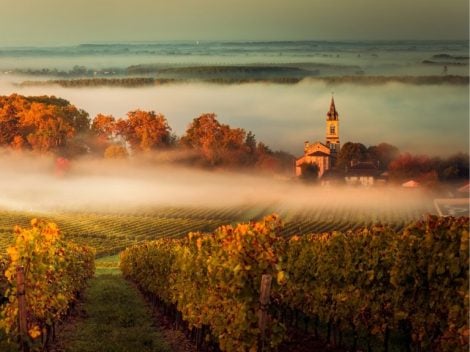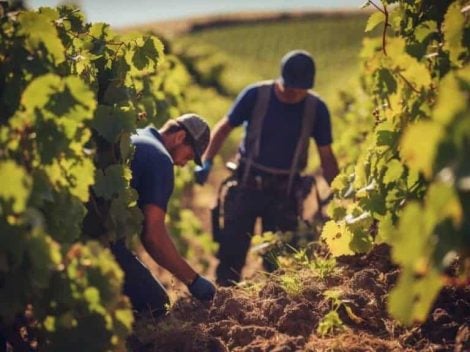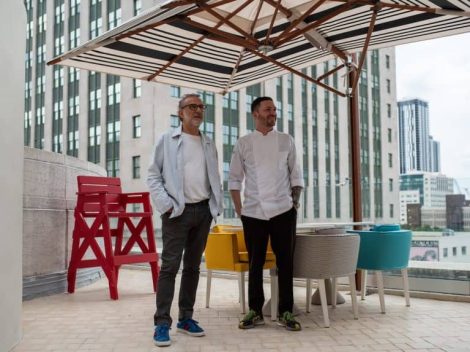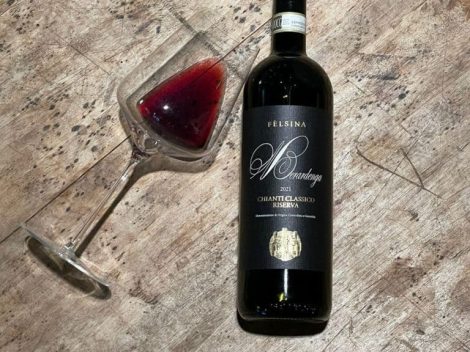It's said that Giacomo Casanova was a regular customer at this tavern in San Polo. The oldest "bacaro" in Venice exudes history and authenticity, founded in the 15th century as a cellar and always frequented. Dark wooden signs and stools, copper pots hanging from the ceiling, memorabilia everywhere, and large demijohns from which to pour the wine on tap. The environment still retains the charm of yesteryears intact, but despite the enormous tourist appeal, life here isn't frozen; on the contrary, the place is rustic and welcoming, with a showcase to choose quality "cicchetti" and the long counter, a true architectural singularity, as it crosses the venue and connects the two entrances, one facing calle Do Mori, the other facing calle Galeazza (it's easy to let the imagination fly and imagine Casanova entering from one side and disappearing from the other!).
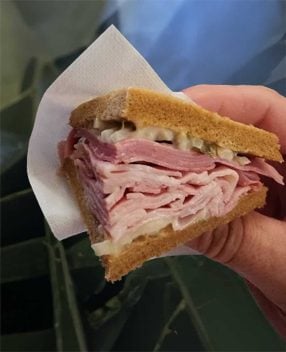
The Venetian "stamps"
Today, it's a destination for lively snacks and aperitifs, with toasts that extend into the evening – the venue opens at 8 in the morning and closes its doors at 7:30 in the evening – Cantina Do Mori offers a sumptuous selection of wines by the glass (around twenty whites and as many reds) and a counter loaded with delicacies. The peculiarity of the gastronomic proposal is the legendary "stamps," small square sandwiches (big, indeed, little more than a stamp) generously filled, as city orthodoxy dictates. There are those filled with ham, mayonnaise, and hard-boiled eggs, those with pork and radicchio, those with Gorgonzola, ham, and speck, or with tuna and onions.
The "cicchetti" of the oldest "bacaro" in Venice
Another characteristic of the sign are the hard-boiled eggs with anchovies, but it's hard to stay dry-mouthed, given the vast choice among many well-prepared delicacies that are displayed behind the showcase. Here are the meatballs (of meat, tuna, or eggplant), the crostini with sardines in "saor," the white polenta with whipped cod, the small octopuses, and, again, cold cuts, cheeses, and artichoke bottoms.
A mixed plate, a glass of house wine, and chatting in the alleyway – it's the myth of Venice that repeats itself daily.

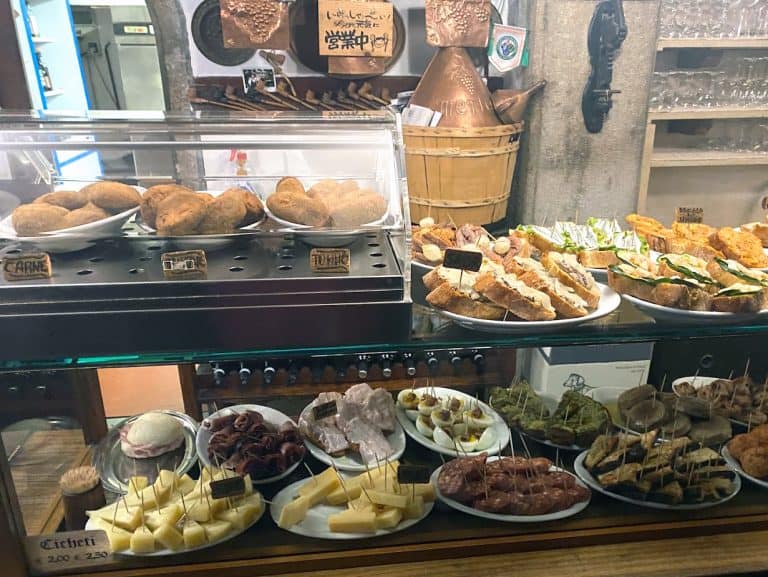
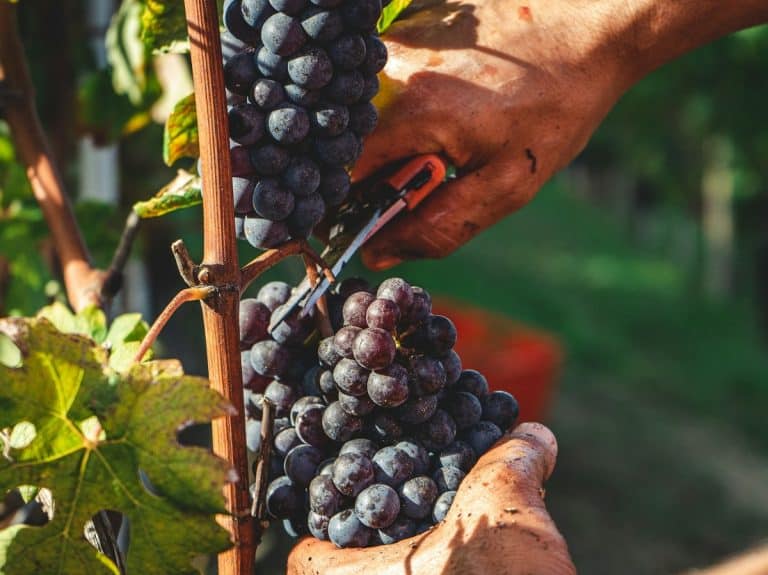 Wine promotion, vineyard uprooting, and support for dealcoholised wines: the European Commission's historic compromise on viticulture
Wine promotion, vineyard uprooting, and support for dealcoholised wines: the European Commission's historic compromise on viticulture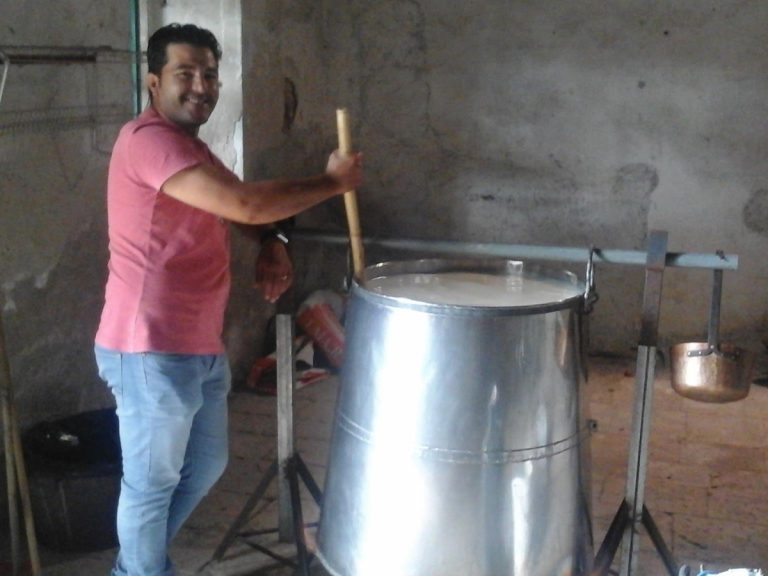 A small Sicilian farmer with 40 cows wins silver at the World Cheese Awards
A small Sicilian farmer with 40 cows wins silver at the World Cheese Awards Women are the best sommeliers. Here are the scientific studies
Women are the best sommeliers. Here are the scientific studies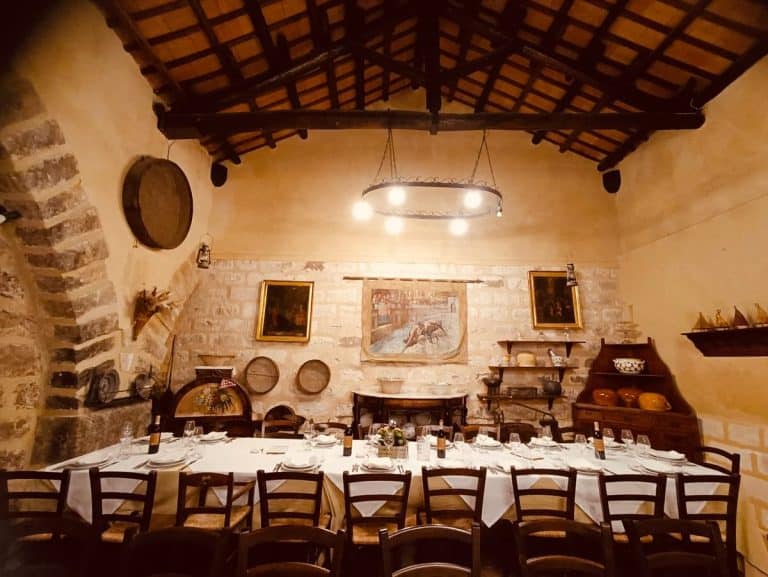 Where to eat at a farm stay in Sicily: the best addresses in the Provinces of Trapani, Palermo, and Agrigento
Where to eat at a farm stay in Sicily: the best addresses in the Provinces of Trapani, Palermo, and Agrigento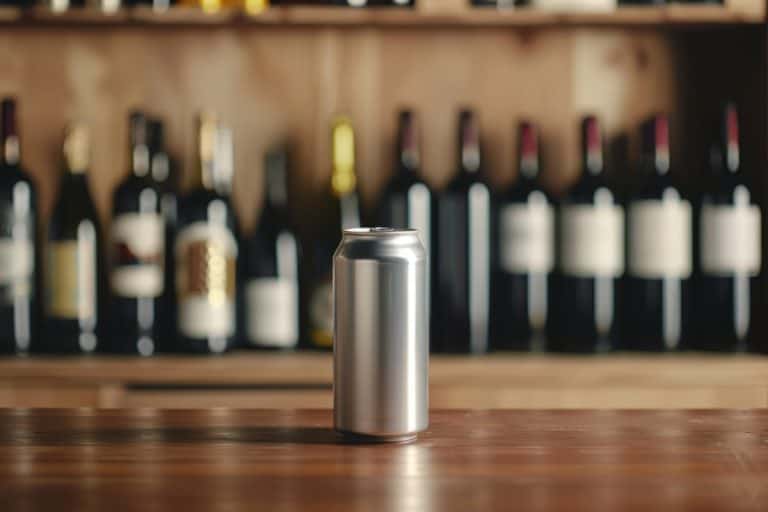 Wine in cans, bottle-fermented, and alcohol free: the unstoppable change in Gen Z’s tastes
Wine in cans, bottle-fermented, and alcohol free: the unstoppable change in Gen Z’s tastes